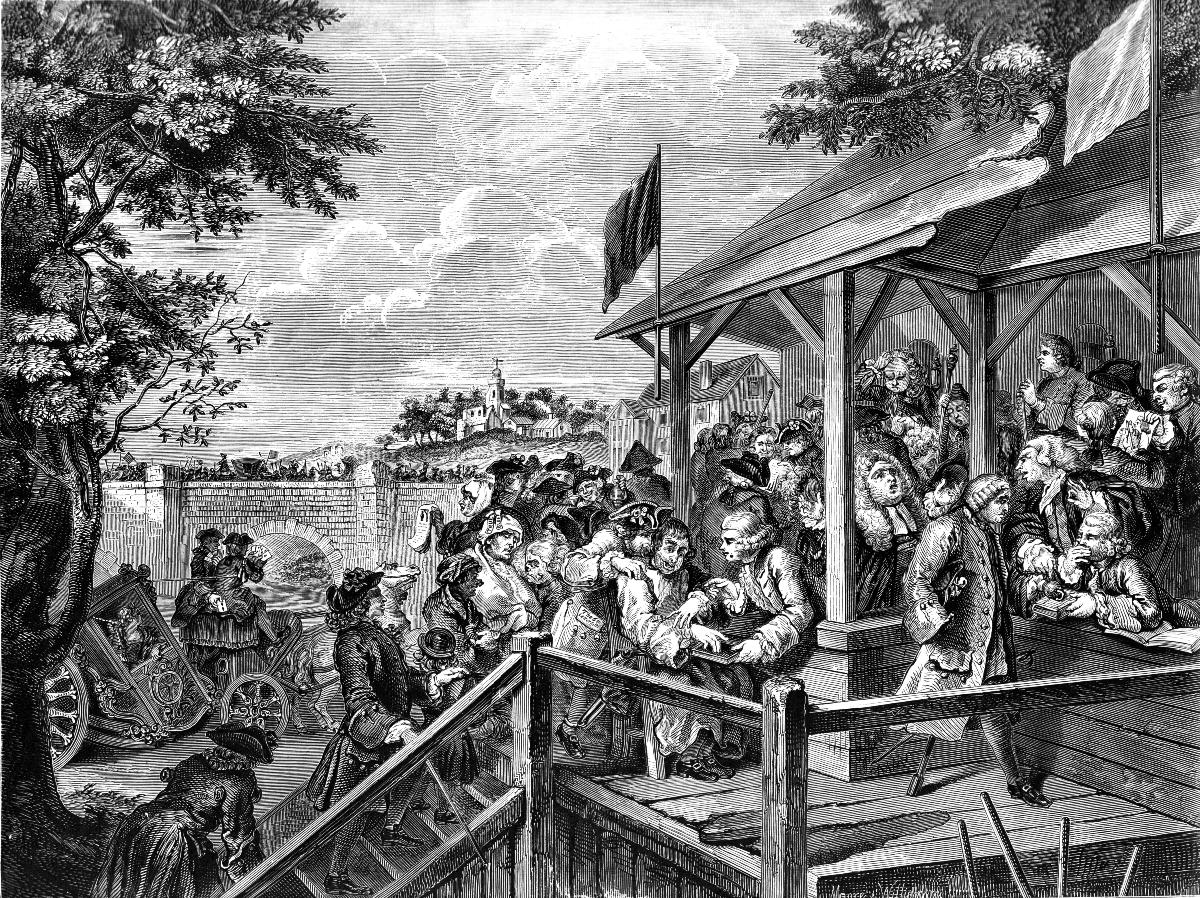The wealthy have engineered a very cosy arrangement for themselves. Instead of giving their money away, they lend it to their governments - by buying bonds and securities - and so get paid interest instead of being taxed. Sociologists call it the Matthew Effect: the rich get richer and the poor get poorer. It comes from 'The parable of the talents" - an exhortation not to waste valuable capital. It seems that Jesus was an closet entrepreneur, as well as a social revolutionary.
But isn't it weird that the radical generation that grew up in the 60's wanting the change the world, now presides over a world where power and privilege is just as concentrated as it's ever been?
This week I watched Adam Curtis' excellent new documentary: All Watched Over by Machines of Loving Grace, which sets out to explore how the elite use their power in the information age. The task of explaining Why Things Are The Way Things Are is far too complicated and subjective to be explained in an hour long documentary, but Curtis' documentaries are like core samples, taking an issue - in this case the rise of individualism - and exploring its origins and ramifications.
This introduced the curious character of Ayn Rand, her Big Idea was the triumph of individualism, she believed that Man was stifled by government, and that altruism was a weakness that limited Man's ambitions. Her vision of society was a big Darwinian competition where the creatives, the innovators and the entrepreneurs would perform mighty deeds, reshaping the world through the sheer force of their Nietzschean will, unencumbered by the petty restrictions of bureaucrats and the sneering of critics. After all, who's ever built a statue to a critic?
This sounds a bit like the philosophy of Just Fucking Do It, which is especially popular amongst entrepreneurs, but Rand's message is more insidious - that the success of the elite is due to their own inner brilliance. We are just better than the masses, they say. We are Supermen. The Masters of the Universe.
When you start thinking like that, you have no social debt to repay. No one helped you get to the top. Altruism is just shackles. Why should you pay taxes to the lazy and the feckless?
You forget wealth comes from millions of pairs of hands. Not just your genius. But you jealously guard your riches. You stash them offshore. Government is just another mendicant, looking to shake you down. If they want your money, you'll expect a return. So you lend it to them.
In the late 90s, many Americans thought their Randian Übermensch-ness was responsible for the long boom of the New Economy. But the dirty little secret was that US productivity was flat. The wealth they thought they were creating was actually debt. Countries like China were doing the work, the Americans were borrowing to pay for it, and the Chinese and wealthy individuals were lending the money to them.
Not that this was China's fault, they were just trying to get a fair deal for their vast population's hard work. Chrystia Freeland recounts a CEO talking about the transformation of the world economy: "If it lifts four people in China and India out of poverty and into the middle class, and meanwhile means one American drops out of the middle class, that’s not such a bad trade”.
So whilst China created wealth, financiers created an elaborate Ponzi scheme of investment, and everybody got to feel good about the new economic miracle.
Of course, the values of investments can go down, as well as up. Fortunately for the wealthy, they wrote the rules of the game, and the selfishness of the rules would make Ayn Rand proud. The game is played like this:
- The wealthy obtain access to cheap money
- They use it to fuel a boom (property, shares)
- They rake in the profits of the boom
- The bubble eventually bursts
- The wealthy evacuate their money
- The bondholders are bailed out (in the name of preserving economic stability)
- The debt gets loaded onto the citizens of the unfortunate countries, who are made poorer for years to come
- The wealthy move on and find another mark(et)
Yesterday, Gil Scott-Heron died. His classic poem "The Revolution Will Not Be Televised" was written 40 years ago, and captured the era's spirit of discontent. The children of that era are grown up now, and the world they fashioned is more tolerant, but also more selfish.
40 years ago, men were walking on the moon, put there by the combined effort of 400,000 people. Apollo's collective grand adventure is history, replaced by internet-empowered individuals steered by their own rational self-interest. Powered by technology, what each of us can achieve alone, with just one pair of hands, has never been greater. I hope we use that power constructively, to build - not exploit.
I'd rather live on a planet of artisans than a planet of landlords.
|
|








